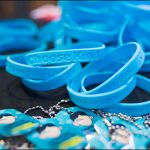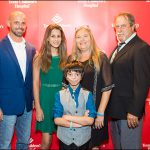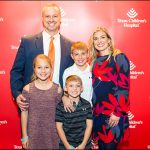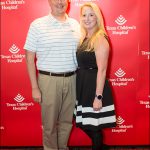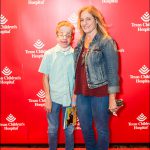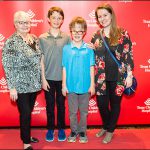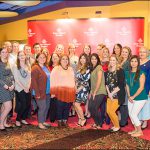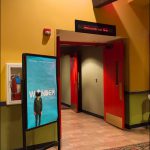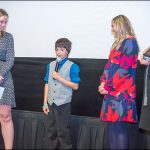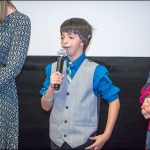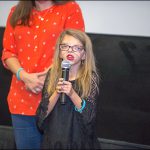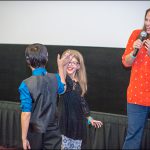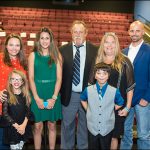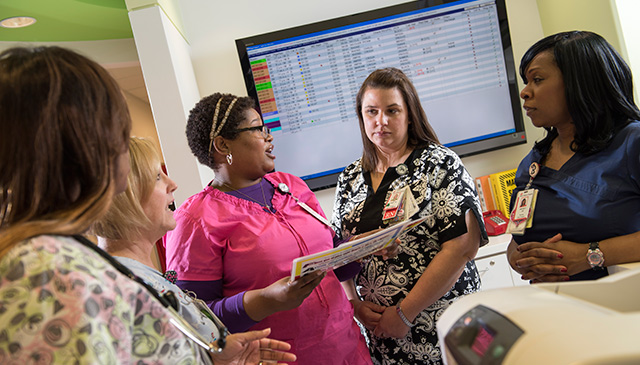 Three weeks from now, a Magnet® appraiser team will visit Texas Children’s facilities for a site visit, which represents a huge milestone in the hospital’s journey towards achieving Magnet® re-designation.
Three weeks from now, a Magnet® appraiser team will visit Texas Children’s facilities for a site visit, which represents a huge milestone in the hospital’s journey towards achieving Magnet® re-designation.
Since 2003, Texas Children’s has been a Magnet-designated organization. Every four years, the hospital applies for Magnet® re-designation, which is the highest and most prestigious recognition provided by the American Nurses Credentialing Center (ANCC), and reflects our commitment to excellent patient care.
From January 22 to 24, 2018, Magnet® appraisers will conduct a site visit at Texas Children’s, which is one of the many required steps to obtain Magnet® re-designation. The site visit will allow nurses and the entire health care team to engage with the Magnet® appraisers, share their exceptional achievements, highlight our great partnership, exceptional care delivery and collaboration to enhance patient outcomes.
Last month, we launched a special series on Connect highlighting what employees “need to know” regarding this important site visit. This week, we answer the following two questions:
- What can you expect if you encounter one of the Magnet® appraisers on site?
The Magnet® appraiser will be accompanied by a staff nurse. They will be going to every clinical area (unit or clinic) that nurses practice. The Magnet® appraiser will typically ask questions about how patient care is delivered at Texas Children’s, and how others interface with nursing staff. Be prepared to discuss how you collaborate with nurses to provide patient care. Be open and honest, and discuss the work that you do every day at Texas Children’s. - How were we able to reach this milestone (a Magnet site visit) in the re-designation process?
The 10-month Magnet® re-designation process required tremendous collaboration among many departments across the organization including Nursing, Quality and Safety, Nursing Clinical Informatics, Human Resources, Information Services (IS), Patient and Family Services and Marketing.
In January 2016, Chief Nursing Officer Mary Jo Andre in collaboration with our Magnet® team, nursing, and the interprofessional team across the organization, reviewed each Magnet® standard with our consultant and aligned the submitted source of evidence examples to the Magnet standards. Every other month we had a three-day Magnet® writers workshop for our Magnet writing team who developed the Texas Children’s Hospital exemplars that contributed to our system-wide achievements. Necessary materials and documentation were included in our Magnet® website.
Click here for answers to the previous questions featured in the Magnet® “what you need to know” series.
To access and review the written documentation submitted to Magnet®, click here. To learn more about the ANCC’s Magnet Recognition Program®, click here.


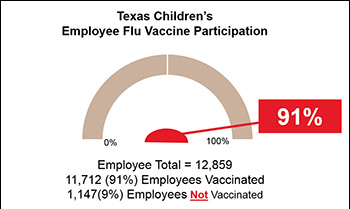
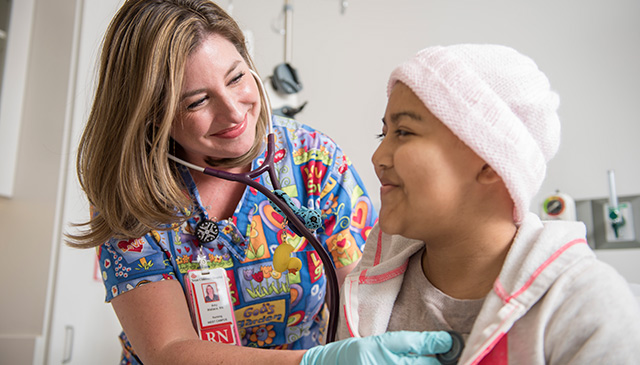 In a little over a month, a Magnet appraiser team will visit Texas Children’s facilities for a site visit, which represents a huge milestone in the hospital’s journey towards achieving Magnet® re-designation.
In a little over a month, a Magnet appraiser team will visit Texas Children’s facilities for a site visit, which represents a huge milestone in the hospital’s journey towards achieving Magnet® re-designation.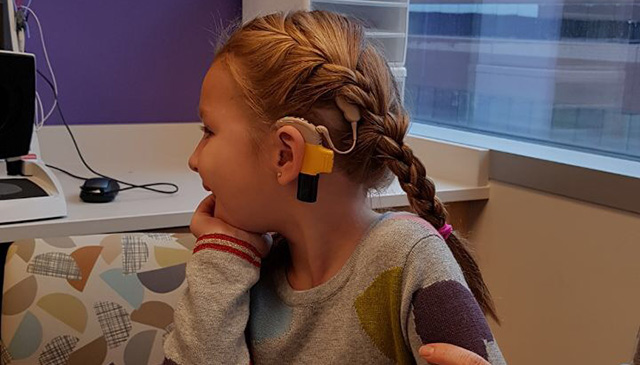 Five-year-old Marianne Franco failed every hearing test since she was born, causing her to move through life lip reading and hearing what she could with a hearing aid. All of that recently changed when doctors at Texas Children’s Hospital The Woodlands turned on the cochlear implant Marianne received weeks before.
Five-year-old Marianne Franco failed every hearing test since she was born, causing her to move through life lip reading and hearing what she could with a hearing aid. All of that recently changed when doctors at Texas Children’s Hospital The Woodlands turned on the cochlear implant Marianne received weeks before.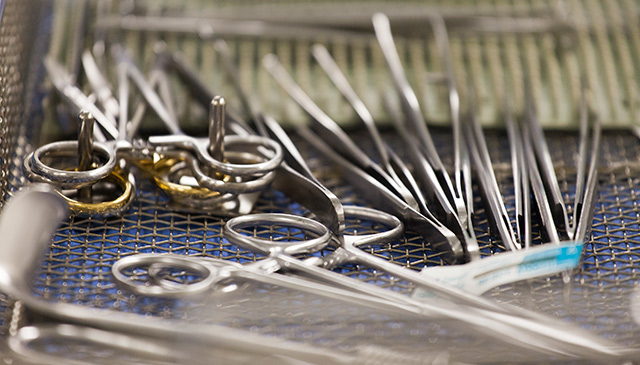 A lot happens behind the scenes before patients are wheeled into the operating room at Texas Children’s Hospital to undergo surgery. Technicians disinfect the OR from top to bottom and a team of people with the Sterile Processing Department clean, prepare, assemble and sterilize surgical instruments for patient care.
A lot happens behind the scenes before patients are wheeled into the operating room at Texas Children’s Hospital to undergo surgery. Technicians disinfect the OR from top to bottom and a team of people with the Sterile Processing Department clean, prepare, assemble and sterilize surgical instruments for patient care.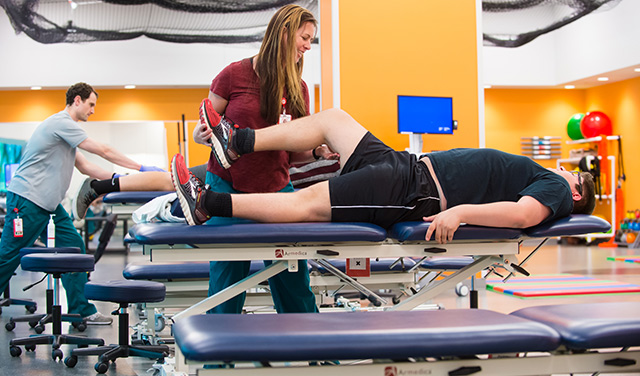 A little over a year ago, Texas Children’s Hospital The Woodlands Outpatient Building opened its doors to the Greater Houston area and beyond. Since then, the ever-growing team of providers and support staff have seen 50,000 plus patients in the outpatient areas and received numerous compliments from the patients and family members they serve.
A little over a year ago, Texas Children’s Hospital The Woodlands Outpatient Building opened its doors to the Greater Houston area and beyond. Since then, the ever-growing team of providers and support staff have seen 50,000 plus patients in the outpatient areas and received numerous compliments from the patients and family members they serve.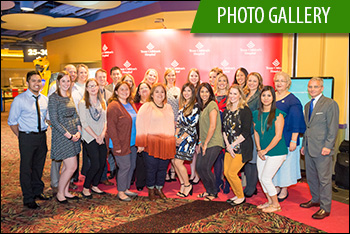 Because of the complexity of conditions seen at Texas Children’s, many patients and families view the health system and its staff as a family that supports them both inside and outside the hospital. That relationship was on full display November 15 when several patients of the Texas Children’s Craniofacial Clinic were given the opportunity to attend a free, early screening of the movie, Wonder.
Because of the complexity of conditions seen at Texas Children’s, many patients and families view the health system and its staff as a family that supports them both inside and outside the hospital. That relationship was on full display November 15 when several patients of the Texas Children’s Craniofacial Clinic were given the opportunity to attend a free, early screening of the movie, Wonder.

